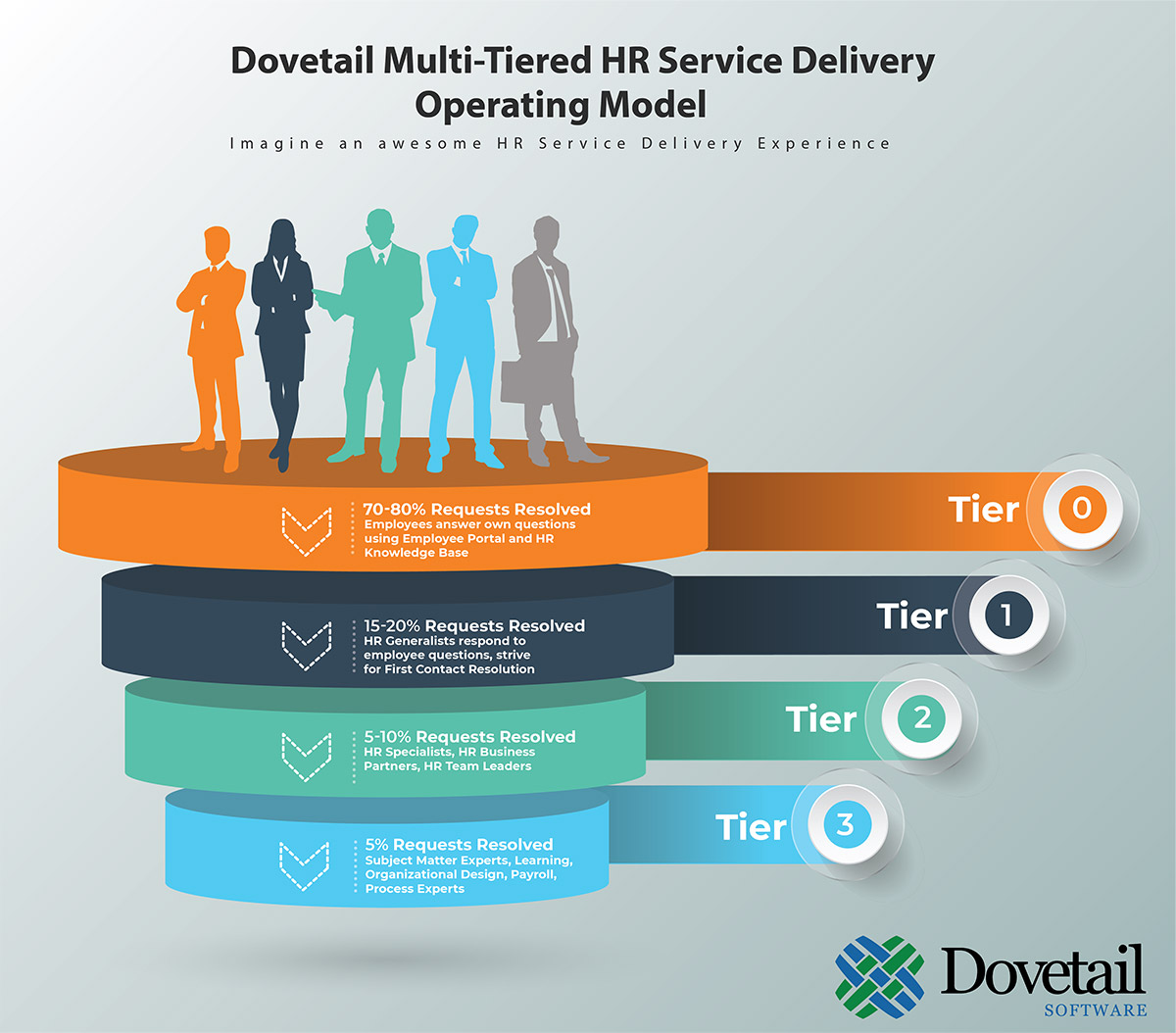
This article is a submission by Managed Services Partners. Managed Services Partners is an outsourcing company with over six years of experience assisting businesses improve operations and drive growth.
Embarking on the contracting out journey is a venture that numerous services carry out to enhance efficiencies, reduce costs, and leverage specialized skill.
However, alongside these prospective benefits come a host of legal and compliance intricacies that should be thoroughly browsed to guarantee the success and sustainability of outsourcing efforts.
This detailed guide will check out essential legal and compliance considerations, with a concentrate on information privacy laws, non-disclosure agreements (NDAs), non-compete stipulations, and the crucial role of versatility in today's dynamic service environment.
The contracting out landscape
Outsourcing is more than a technique for offloading non-core jobs; it is a transformative technique that can boost a company's versatility and competitiveness.
Whether it's IT services, customer support, producing procedures, or human resources, outsourcing can offer a significant edge. Companies that successfully contract out can concentrate on core organization operations, drive development, and gain access to top talent without the overhead expenses of full-time work.
However, this journey is not without its legal and compliance obstacles. Companies should bear in mind the intricacies surrounding the transfer and management of information, the security of intellectual residential or commercial property (IP), and the upkeep of regulative compliance.
Given the international nature of outsourcing, organizations should likewise consider cross-border legal ramifications, which might differ significantly depending upon the nation where the outsourcing company runs.
Understanding these aspects is essential in guaranteeing that outsourcing partnerships line up with a business's tactical objectives while alleviating potential legal threats.
In a lot of cases, companies that disregard legal and compliance considerations face costly disagreements, loss of delicate data, or reputational damage that can take years to recover from.
Importance of legal factors to consider
Outsourcing naturally includes legal considerations that are important to protecting a business's interests. At the forefront is the need to safeguard sensitive info. Companies must comprehend and follow information privacy laws that govern the jurisdictions in which they operate.
This is specifically critical as data breaches can result in extreme punitive damages and reputational damage.
Furthermore, copyright rights must be clearly specified in outsourcing arrangements to prevent unapproved use or misappropriation of exclusive assets. If these rights are not appropriately established, a service may lose control over crucial developments or private company processes.
For services running in extremely regulated industries such as health care, financing, or legal services, compliance requirements are even more strict.
Adhering to regulations such as the General Data Protection Regulation (GDPR) in Europe or the Health Insurance Portability and Accountability Act (HIPAA) in the United States is vital to preventing legal problems.
Non-Disclosure Agreements (NDAs) and non-compete stipulations
When outsourcing, companies frequently share exclusive details with external provider.
To safeguard this important info, NDAs are used. These agreements are designed to prevent the unapproved dissemination of confidential details, therefore safeguarding the business's competitive advantage.
NDAs ought to be detailed and lawfully binding, plainly describing what constitutes secret information and the commitments of both parties in handling sensitive data. Businesses ought to likewise guarantee that their NDAs include provisions for legal recourse in case of breaches.
Similarly, non-compete provisions can be included to avoid company from exploiting delicate knowledge acquired throughout the contracting out partnership to benefit a competitor. This is particularly essential when contracting out freelancers or firms that may have multiple customers in the exact same industry.
However, the enforceability of non-compete clauses can vary considerably depending on the jurisdiction. Some regions have rigorous guidelines limiting the scope and duration of such clauses.
Therefore, it's vital for business to speak with legal specialists with experience in the appropriate legal structures to draft efficient contracts.
Contracts: Setting the structure

Contracts function as the plan for the contracting out partnership, defining functions, duties, deliverables, and timelines. They also outline the legal and compliance expectations for both parties.
A well-structured contract needs to deal with numerous crucial elements:
Scope of work: Clear and comprehensive descriptions of the services to be offered, consisting of quality requirements and performance metrics.
Data security: Specific stipulations associated with data security, data transfer treatments, and breach alert procedures to ensure adherence to personal privacy laws.
Copyright rights: Provisions that establish ownership of IP created throughout the collaboration, and terms that safeguard pre-existing IP.
Termination stipulations: Terms that deal with the possible end of the outsourcing relationship, including notice durations and conditions under which termination can take place without charge.
Additionally, businesses ought to consider carrying out service-level arrangements (SLAs) to ensure accountability and performance tracking. SLAs define quantifiable standards that the outsourcing provider should meet, supplying organizations with recourse if expectations are not fulfilled.
Engaging with provider
Consulting with prospective provider throughout the early stages of the contracting out journey is a strategic relocation. This engagement enables companies to gauge the supplier's capability to fulfill legal and compliance requirements.
Thorough vetting processes, such as requesting recommendations, evaluating past tasks, and assessing compliance accreditations, can supply important insights into the provider's dependability and adherence to industry standards.
Businesses need to also examine the monetary stability of prospective contracting out partners.
A service supplier that deals with financial challenges may not be able to keep operations long-term, positioning a threat to ongoing projects. Conducting due diligence in advance can avoid future interruptions.
The role of adaptability in legal and compliance methods
Adaptability is a vital element of effective outsourcing, especially when it comes to navigating progressing legal landscapes. Regulations and market conditions can alter rapidly, making it necessary for companies to remain nimble.
Building versatility into contracts and establishing procedures for ongoing compliance monitoring can help organizations adjust to brand-new legal requirements and maintain a competitive edge.

For instance, if a business is outsourcing consumer support operations to several countries, they should make sure compliance with numerous national laws concerning customer protection and data privacy.
Regularly updating policies and contracts in reaction to legislative changes can prevent legal pitfalls.
Real-world factors to consider and finest practices
To ensure legal and compliance success in outsourcing, services should embrace the following best practices:
Regular audits and assessments
Conduct routine audits and evaluations to guarantee that service providers stay compliant with legal and regulatory requirements. This proactive method can help determine prospective gaps before they intensify into significant problems.

Training and awareness
Educate staff members and outsourced groups on data defense practices and legal responsibilities. This guarantees that everybody associated with the outsourcing journey comprehends the significance of compliance and the function they play in safeguarding information.
Collaboration and interaction
Foster a collaborative relationship with provider. Open lines of interaction can help resolve compliance issues without delay and assist in joint analytical efforts.
Crisis management preparation
Have contingency plans in place in case of security breaches, agreement disputes, or supplier failures. A well-structured crisis management strategy ensures that services can quickly respond to difficulties without significant interruptions.
Legal compliance for contracting out success
Understanding the legal and compliance elements of outsourcing is necessary for businesses looking to take advantage of external abilities while securing their interests. By focusing on essential areas such as data privacy, NDAs, non-compete stipulations, copyright rights, and versatility, companies can efficiently navigate the outsourcing landscape.
Successful outsourcing depend upon a collective approach between the company and its service companies. Building trust and maintaining transparent communication can cause reliable analytical and a shared dedication to compliance.















